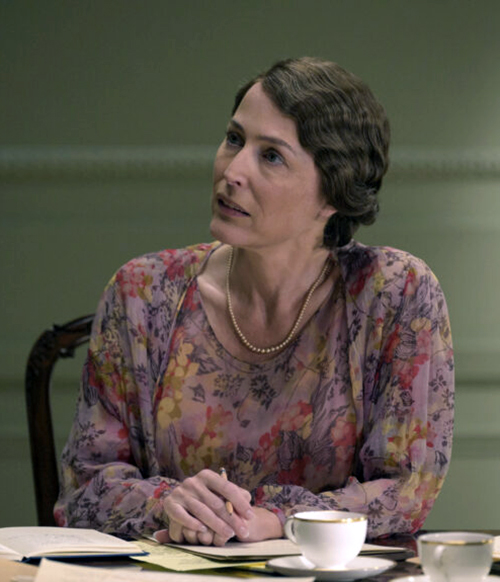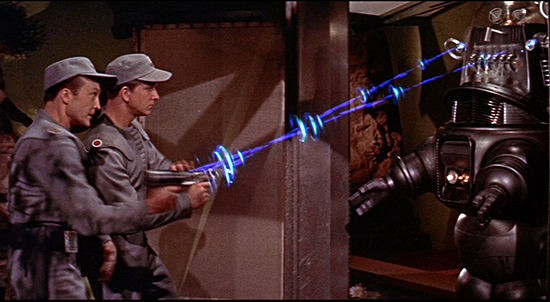Several years ago, when I worked for a very large company, the company was going through yet another “reorg.”
I remember a meeting in which a Senior Vice President faced over 100 members of her division.
She enumerated the many adjustments we were about to go through, and (making it clear that she disagreed with the changes), commented that we all had to “drink the Kool-Aid.”*
In other words, we all had to pretend that the reorganization was a fine idea, and “go along,” without complaint.
The voiceover ended with the tagline “Truth, justice, and the American way.”
(In 2021, DC Comics updated the Superman tagline to “Truth, justice, and a better tomorrow.”)
In trying to figure out this period of political polarization, I’ve decided that we’ve been drinking different flavors of Kool-Aid.
I had been drinking the fantasy that Democrats and Republicans were basically similar, we were all in a melting pot, and most citizens believed in my family’s interpretation of the slogan associated with Superman: “Truth, justice, and the American way.”
When Donald Trump was elected President via the Electoral College—while losing the popular vote—I finally realized that I’d been drinking some serious Kool-Aid.
I had completely missed that some people had been traumatized by having President Obama as President for eight years, couldn’t conceive of a woman as their President, and/or cared deeply for a candidate who I perceived as a conman.
I hadn’t paid much attention to Trump (because I had a bad opinion of him after living in New York City in the 1980’s and 1990’s).
However, many Americans had listened to him, and had responded powerfully to his message.
Some Trump supporters think that they are being supplanted by people of color and immigrants.
They also tend to interpret the “American way of life” in a way I had never considered.
In this world view: White men should be in power, “outgroups” (like LGBT and “non-white” people) should accept a lower status, and White Anglo-Saxon Protestant societal values should be placed on a pedestal.
(It’s true some Catholics, Hispanics and Southern Italians are allied with MAGA, but their own cultures are thereby repressed.)
Furthermore, most Trump supporters are extremely cynical about Government.
They think it’s obvious that elections are stolen, the Federal government is corrupt, and politicians steal.
When I hear MAGA people being interviewed, it seems that their only real goal is to elect politicians who will cut taxes, and stop the tide of “outgroups taking over society.”
In the book The Truth About Lies: The Illusion of Honesty and the Evolution of Lies, by Aja Raden, Raden quotes a 2002 study by Colleen Seifert, a psychology professor at the University of Michigan, who specializes in complex human cognition.
According to Seifert: “when people are presented with evidence that the information they’ve been exposed to over and over is factually untrue, the attempts to refute it further entrench their belief.”
[Emphasis mine.]
Once someone is convinced of something, and it feels “like truth” to them, convincing them otherwise is close to impossible.
The U.S. seems stuck in a place in which about 60% (?) acknowledge that an unfit criminal held the nation’s highest office for four years, and another 40% (?) seem to believe that he did a good job and it would be fine if he were President again.
Making the situation worse, only half (or less) of U.S. citizens can be persuaded to vote, and it’s unclear which side the non-voters are on.
In 1940, Eleanor Roosevelt (1884-1962), then First Lady of the U.S., wrote an essay entitled “The Moral Basis of Democracy,” saying:
We are in truth the melting pot of the earth. Our solidarity and unity can never be a geographical unity or a racial unity. It must be a unity growing out of a common idea and a devotion to that idea.
It seems that few of us are devoted to the ideal of Democracy. She goes on to say:
Moreover, no one can honestly claim that either the Indians or the Negroes of this country are free. [Roosevelt used the accepted terminology of the times.] . . . Few members of the older generation have even attempted to make themselves the kind of people who are truly worthy of the power which is vested in the individual in a Democracy. We must fulfill our duties as citizens, see that our nation is truly represented by its government, see that the government is responsive to the will and desires of the people. . . We must maintain a standard of living which makes it possible for the people really to want justice for all, rather than harbor a secret hope for privileges because they cannot hope for justice.
Do Americans still hope for Justice?
About a year before she wrote this essay, Mrs. Roosevelt wrote another essay called “Keepers of Democracy,” which appeared in the Virginia Quarterly Review (Winter, 1939).
She says:
There is a growing wave in this country of fear, and of intolerance which stems from fear. . . when we allow one group of people to look down upon another, then we may for a short time bring hardship on some particular group of people, but the real hardship and the real wrong is done to democracy and to our nation as a whole. We are then breeding people who cannot live under a democratic form of government but must be controlled by force.
Have we bred people who cannot live under Democracy?
How many voters no longer hope for justice?
Is the simple difference between the two sides that some are willing to endure an authoritarian government (as long as they are accepted into the group that is “on top”), while others want to live equally with others and make the bargains necessary to live in a Democracy?
*In case anyone is too young to know where the phrase “drinking the Kool-Aid” originated, it comes from the story of Jim Jones—a cult leader who died in 1978, with around 900 followers (at least 200 of them children). According to Wikipedia, Jones asked his group to ingest grape-flavored Flavor-Aid (misidentified as Kool-Aid) plus cyanide, as an act of “revolutionary suicide.”











